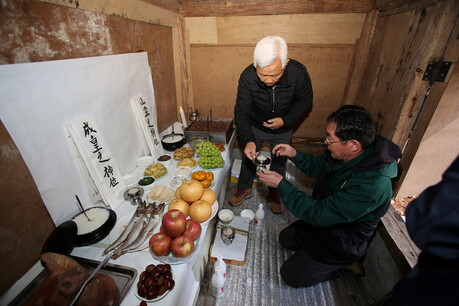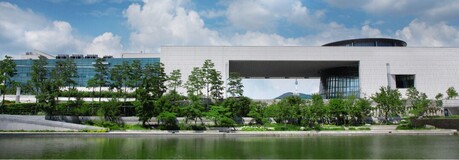The international sales of translated Korean literature experienced a remarkable surge in 2024, driven by the global attention following Han Kang's historic Nobel Prize in Literature win, according to official data released by a South Korean government agency.
The Literature Translation Institute of Korea (LTI Korea) reported that worldwide sales of Korean books supported by the agency reached an impressive 1.2 million copies in 2024, representing a substantial 130 percent increase compared to the previous year. This dramatic growth marks a significant milestone for Korean literature's global reach and recognition.
The average sales per book achieved a record-breaking high of 1,271 copies, demonstrating the increased international appetite for Korean literary works. The success was widespread across multiple titles, with 45 books each selling more than 5,000 copies, and an impressive 24 books surpassing the 10,000-copy milestone, indicating strong consumer demand across various markets.
The agency directly attributed this unprecedented surge to Han Kang's Nobel Prize in Literature for 2024, which brought international spotlight to Korean literary achievements. Han Kang's translated works experienced extraordinary growth, with sales of her 19 translated books increasing fivefold from 30,000 copies in 2023 to an remarkable 150,000 copies in 2024. This represents one of the most significant impacts of a literary prize on book sales in recent years.
Beyond Han Kang's success, other Korean novels also demonstrated strong international performance. Chung Bora's 'Cursed Bunny' gained significant recognition by being shortlisted for both the prestigious International Booker Prize and the National Book Award, two of the most important literary awards in the English-speaking world. Park Sang-young's 'Love in the Big City' and Cho Nam-joo's 'Kim Jiyoung, Born 1982' also showed solid sales performances in overseas markets, contributing to the overall growth of Korean literature abroad.
According to LTI Korea, the expanding readership base in North America and Europe has created a positive feedback loop that has encouraged foreign publishers to 'more actively introduce Korean books' to their markets. The institute emphasized that these international publishers' enhanced 'distribution channels and marketing power highly enhanced overseas access to Korean literature,' creating better pathways for Korean authors to reach global audiences.
This surge in Korean literature sales reflects a broader cultural phenomenon known as the Korean Wave, or Hallyu, which has seen Korean entertainment, music, and now literature gain unprecedented international popularity. The success of Korean books abroad represents not just commercial achievement but also cultural soft power, as Korean stories and perspectives reach readers worldwide.
The impact of Han Kang's Nobel Prize extends beyond individual book sales, creating a halo effect that benefits the entire Korean literary ecosystem. Publishers, translators, and other Korean authors are all experiencing increased interest from international markets, suggesting that this growth trend may continue in the coming years.
The record-breaking sales figures demonstrate how prestigious literary awards can serve as catalysts for international cultural exchange, opening doors for readers around the world to discover new voices and perspectives from Korean literature. This success story also highlights the importance of translation work and international publishing partnerships in bringing diverse literary voices to global audiences.





























